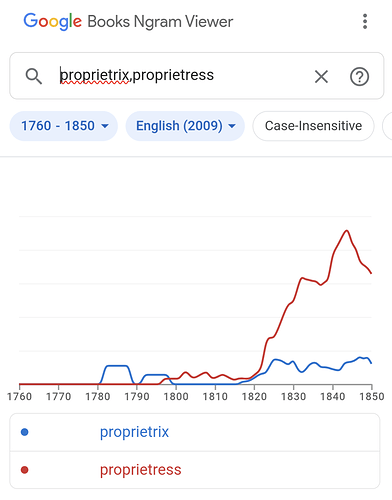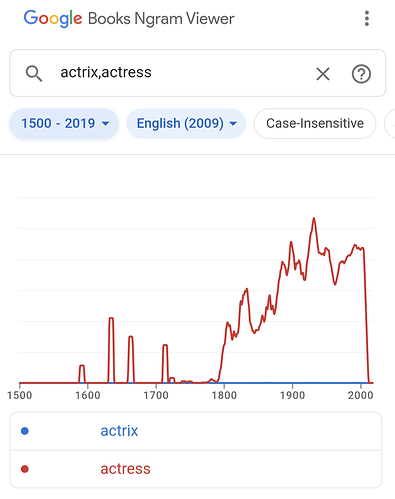congrats!!!
gg
Vote
I’ll give myself a B+
Honestly, I always thought a motivation for why English words were spelled the way they were is because they simply look right. Or had some better differentiation to make them easier to spell. It’s great when growing up, but it’s way too easy to see the nightmare it becomes when as a second language-
Well, it’s probably some of that, but I think it has more to do with influences of other languages on English. Like English has native morphemes and phonemes, but also a lot from Latin, Greek, and (Old) French. Agent noun suffixes often reflect the origin the verb root. “Travel” is an English verb with “one who travels” being “traveler”. “Act” is a Latin verb with “one who acts” being “actor”. Both are agent nouns, but English more often uses “-er” as a suffix and Latin more often uses “-or” as a suffix. There are exceptions because of course there are, and the “-ar” suffix can just be used for either like “beggar” is an agent noun for the English “beg” and “exemplar” is for the Latin “exemplify”. And to make matters worse a lot of these suffixes can be pronounced identically lol.
Another interesting note on the Latin “-or” (really “-tor”) suffix is that its male gendered in Latin, and with the “-trix” suffix being feminine agent noun suffix which was used for awhile. I’m not entirely sure why English phased out the use of that suffix because IIRC “-trix” was used a lot more frequently for feminine agent nouns (and there’s the one example that’s still used today that I’m not going to say but I’m sure you can guess), but I think there was a time where “-or” was used as an epicene suffix. However, agent nouns were then re-gendered, but this time using the Latin suffix “-ess” which is/was also used in English for other feminine non-agent nouns. That’s how we get “actress” in English which, despite the same meaning as its Latin equivalent and having a Latin root and suffix, it’s using the wrong Latin suffix. The language has a lot of these interesting little idiosyncrasies.
Basing this off of zero research, and in a rush to head out for the day, but perhaps those were broken off due to popular preference? Am sure it’s just my bias for growing up saying it the way it is all these years, but to add the suffix of trix gives words an abrupt bump in pronunciation. It’s literally a wall in the middle. I doubt it’s right, but logically, it seems to be made out of convenience.
Maybe! That’s probably the case for “proprietrix” and “proprietress” based on the book Ngram (the usages were never close after this with “proprietress” winning handily).
Actrix has seemingly never been used in books written in English, but it’s interesting to see “actress” come in and out of use.
I tried looking again, and I couldn’t find scholarly explanation for why “-trix” fell out of favor in almost every context ("-trix" apparently was most commonly used in legal contexts, but even that’s trending towards vanishing). It may just be because it was rare to begin with, and people just used the suffixes that sounded right/were more common.
Executrix
New Asterix and Obelix character goes hard.
i swear every time i open the cookie thread its either nbowie being a nerd (writing walls or posting graphs) or tutuu getting “hate”“crimed” (is it a crime if both parties like it)
grrr how dare you post wehn i was typing out a post
;3
Just now realizing that Jane got the cookie.
I recognize it’s not the point, but given that this is a cookie thread, it seems a bit too easy to forget the cookie.
damn im outed as a nerd
probably not the fix that you’re looking for
what’s the problem with wolves beaming all masons = win

 Smoke bomb and getaway!
Smoke bomb and getaway!


